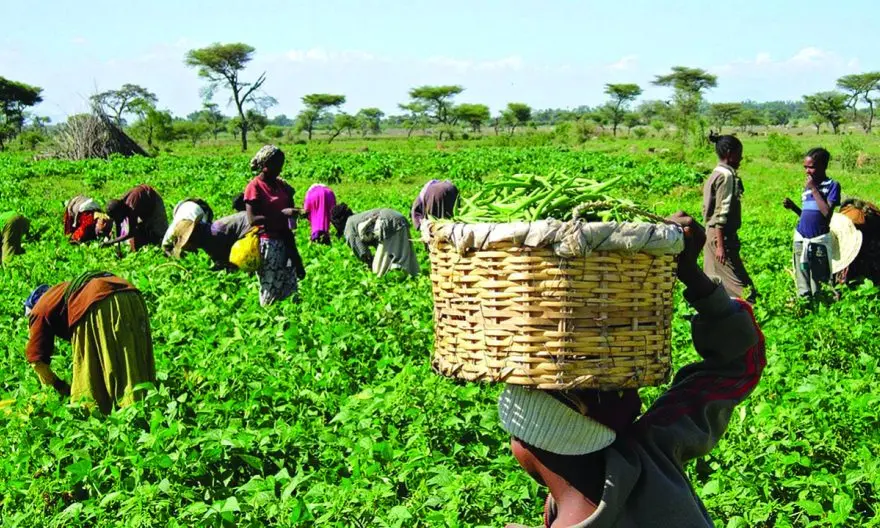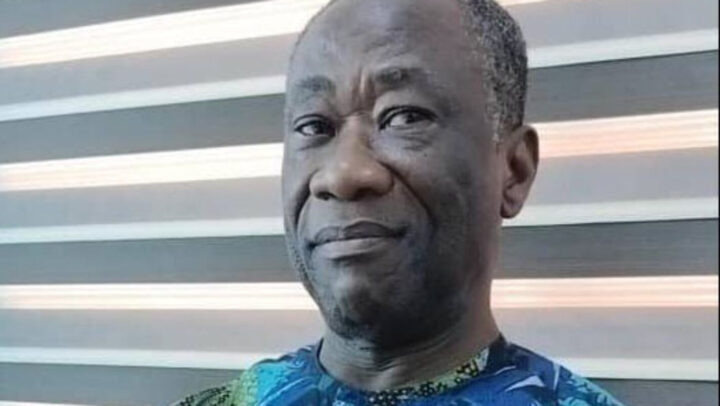The National Economic Council (NEC) says it is considering the deployment of agro-rangers to address insecurity in farms.
The council disclosed this on Thursday during its 139th meeting held virtually and chaired by Vice-President Kashim Shettima.
According to a statement by the presidency, the council also deliberated on making fertilizer available to farmers.
NEC said fertiliser is a key component of agricultural productivity “which the government is striving to attain”, urging the state governors to embrace modern agricultural practices to increase productivity.
Advertisement
Speaking after a presentation by Abubakar Kyari, minister of agriculture and food security, Shettima said Nigeria will overcome its economic challenges by working together to build a clear and practical roadmap through short-term, medium-term, and long-term policies.
The vice-president “directed a meeting of the federal government with major fertilizer producers in the country, including Indorama, Dangote and Notore”.
“Council also considered the establishment of Agro-Rangers in the short-term and the possible creation of state police in the long-term to address security threats on farmers. This was after a presentation by the Minister of Police Affairs, Sen. Ibrahim Geidam,” the statement reads.
Advertisement
‘NIGERIA TO RELEASE 42,000 METRIC TONS FROM NATIONAL STRATEGIC RESERVE’
According to the presidency, the government is also planning to release 42,000 metric tonnes of food commodities from the national strategic reserve to address increasing prices.
“Minister of Agriculture called for action against dollarization of locally produced commodities like urea, which is impacting negatively on fertilizer prices and agricultural productivity,” the presidency said.
“Meanwhile, Vice President Shettima has called for sound economic decisions that will reverberate with the expectations of Nigerians.”
Advertisement
“We must either redirect the economy towards a place of boom and competitiveness or brace for an impact we are unlikely to survive,” he said.
Shettima also expressed regret that Nigeria had been the victim of strong resistance to adapting and keeping up with the changing global economic order, resulting in a situation in which hard decisions to maximise its potential had become essential.
Add a comment






